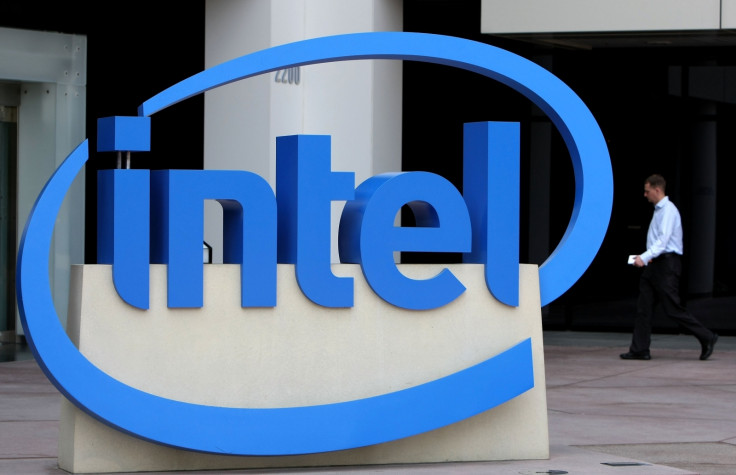Intel's new self-learning chip is designed to work like a human brain
The chip codenamed "Loihi" is based on neuromorphic computing.

Intel is working on a chip that could learn like the human brain and be used for self-learning artificial intelligence (AI) applications.
The chip codenamed "Loihi" isbased on neuromorphic computing, according to a release by the company. That means it can learn by itself from its surroundings. Loihi can also reportedly learn locally from within any machine that it is a part of.
Michael Mayberry, corporate vice president and managing director of Intel Labs, wrote in a release that Loihi, "mimics how the brain functions by learning to operate based on various modes of feedback from the environment." It makes use of data that it has collected, to learn and make inferences, he added.
By learning from experiences, Loihi can get smarter over time and does not need to be trained in the "traditional way" said Mayberry.
For example, Google's DeepMind was able to beat 49 video games, but after every victory, it had to be specifically retrained to learn each game; it could not teach itself and "forgot" what it learnt about previous games.
"The Loihi test chip offers highly flexible on-chip learning and combines training and inference on a single chip," said Mayberry in the release.
It can reduce real machine learning time by working locally instead of waiting for an update from the cloud, he wrote, claiming it is also 1,000 times more energy efficient than traditional processors.
Neuromorphic computing, says the release, is inspired by the brain and current understanding of how the mind works. Intelligent behaviour comes from cooperative and competitive interactions between various regions of the brain's numerous neural networks and the environment within which it operates, says the report. By making use of a similar method, the company believes that Loihi will work towards raising the bar for AI development.
One example that Mayberry gave when discussing the potential uses of a chip like Loihi was a system that monitors heart rate. If heartbeats during different activities like jogging, eating a meal, going to bed, or working is presented to a system that makes use of neuromorphic learning, it could determine what a "normal" heartbeat for that particular person is. It could then detect abnormalities personalised to the user through constant monitoring, says the release.
The Loihi is still in the testing phase but is expected to be used in AI research with universities and institutions focussed on machine learning in 2018.
© Copyright IBTimes 2025. All rights reserved.





















